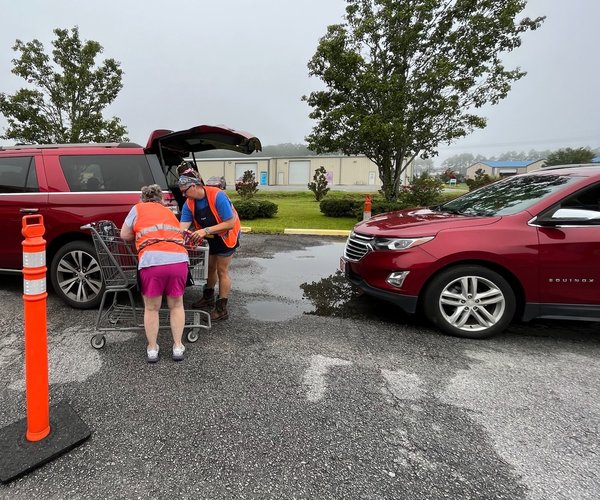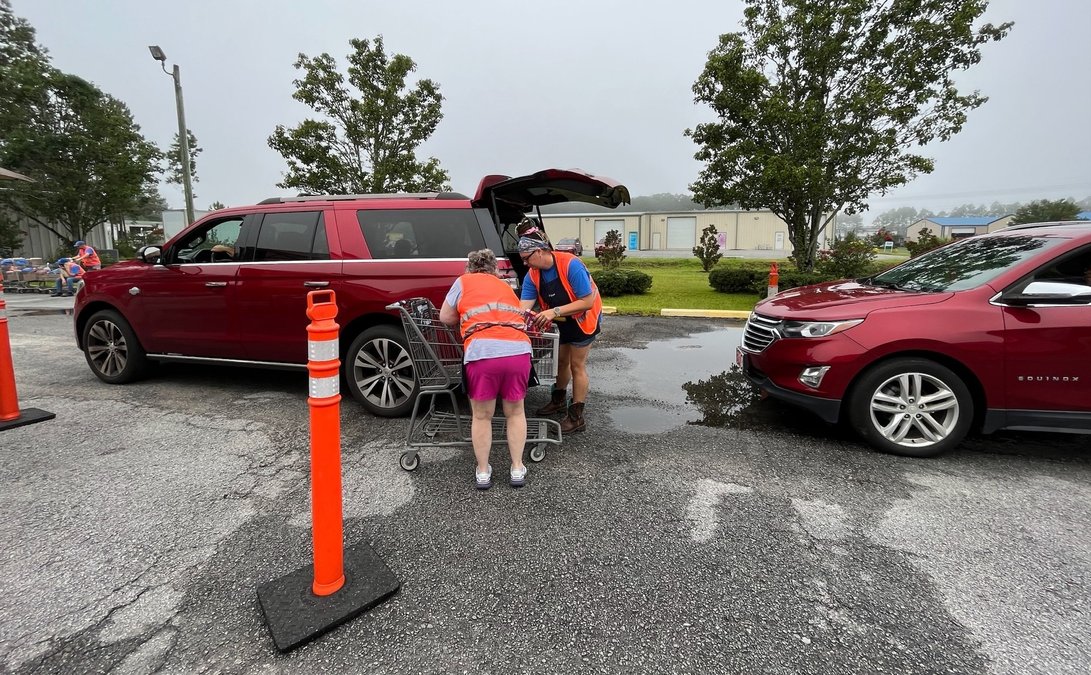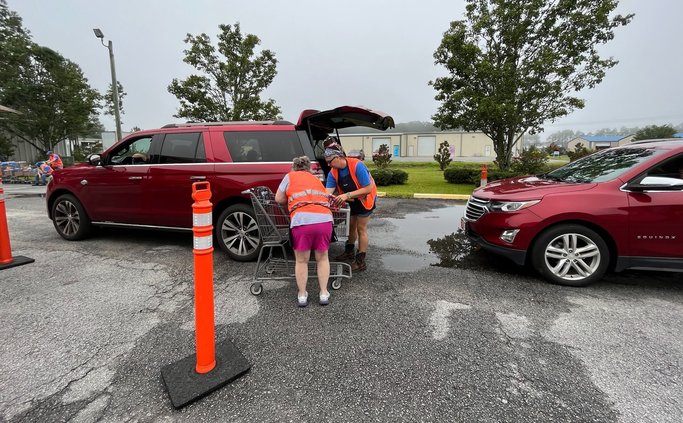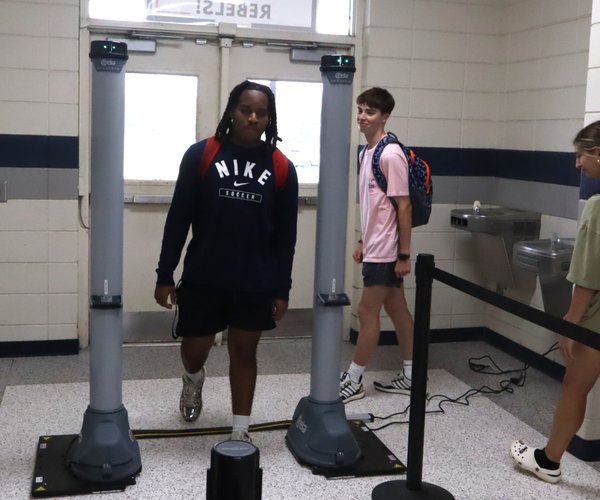Gov. Nathan Deal has signed into law legislation that requires drug testing for welfare benefits and cracks down on the spreading problem of metal theft.
Enacting a law to safeguard the public purse, Deal signed legislation that requires applicants to pass a drug test in order to qualify for Temporary Assistance for Needy Families benefits. Florida passed similar legislation in 2010 decreasing their welfare applicant pool by 48 percent and saving their state $1.8 million.
"This program is intended as a safety net, and this requirement guarantees that the benefits are used for their intended purposes — to care for children and assist with job preparation," Deal said.
HB 861 provides that each applicant failing the drug test will become ineligible to receive benefits for a certain time period, based on the number of previous test failures. Children of parents who fail a drug test can still receive benefits as long as the parent designates an appropriate payee to receive the benefits on the children’s behalf.
Deal also signed legislation cracking down on metal theft. With a dramatic increase in the price of metals, theft of copper and other recyclable metals has become a serious issue throughout the state. This new law will combat this rising tide of criminal activity by enforcing strict regulations on businesses that buy recycled metal. HB 872 requires metal sellers to show a valid ID as well as a work order or receipt to prove the metal is not stolen before it is accepted by a secondary metal recycler. Also, cash payments to metal sellers are no longer permitted. Payments must now be made through check, voucher or electronic fund transfer.
In an effort to further aid Georgia’s youth, Deal signed legislation providing diabetes care in schools at no extra cost to the state. This new bill serves two primary purposes: to allow capable students to self-manage their diabetes with the permission of their physicians and parents and to train school personnel to assist children in managing their diabetes.
Diabetes is generally self-managed; HB 879 gives guardians and physicians the option to sign a diabetes medical management plan allowing students to perform daily monitoring activities in school.
However, if situations requiring assistance do arise, this legislation requires schools with a diabetic enrolled to have at least two school employees trained under the Georgia Association of School Nurses diabetes care guidelines. The Georgia chapter of the American Diabetes Association has offered to provide training to school personnel free of charge.








